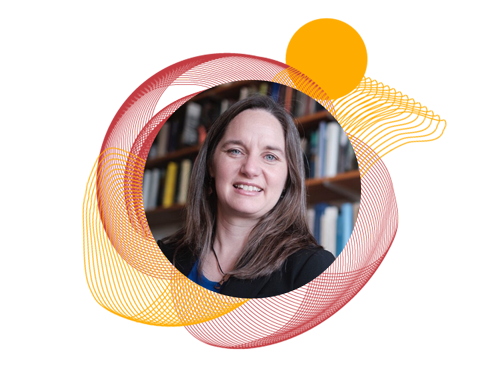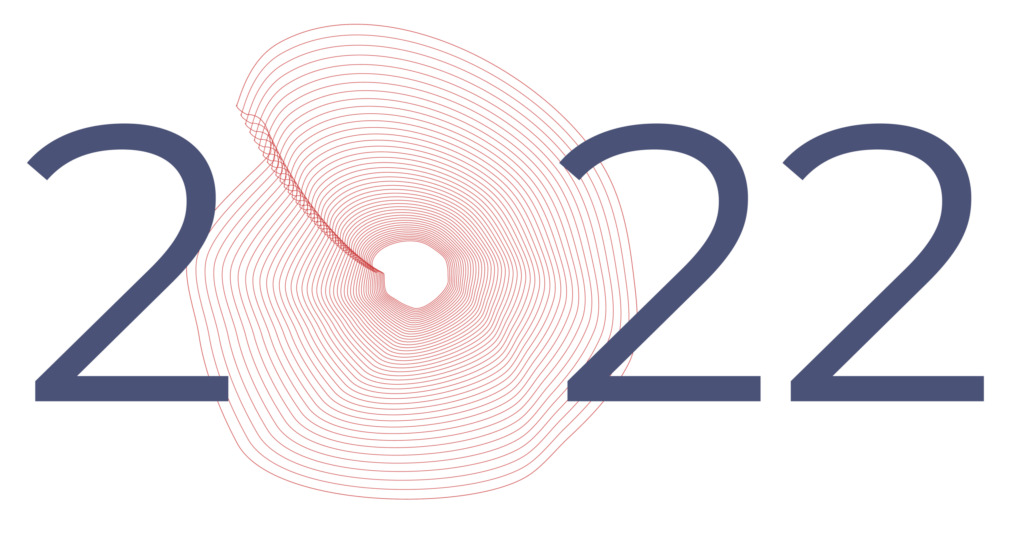Historical Insights on the Psychedelic Renaissance

Erika Dyck
Professor, Canada Research Chair in the History of Medicine, University of Saskatchewan
In the past decade the reputation of psychedelics has shifted from a taboo topic of prohibited drug use to a modern medical marvel with the power to transform lives. Scientific publications and media accounts alike are referring to the resurgence of psychedelics as a ‘renaissance’. But what have we learned from the past that might temper this optimism; or, how might we avoid a cultural backlash this time?
Psychedelics did not perform well in randomized controlled trials. Although some psychedelic researchers designed trials with the intention of proving their therapeutic value, the methodology itself contradicted the psychedelic therapy ethos.
Psychedelics enjoyed a research heyday in the 1950s as they merged with major reforms in psychiatric and psychopharmacological research that ushered in paradigmatic changes in the classification and treatment of mental illnesses. The dramatic shift from long-stay custodial care to psychopharmacological solutions also introduced new methodologies for assessing risk in psychiatric care, and fundamentally changed the way we manage bias in drug development. The randomized controlled trial (RCT) arose as the gold standard in pharmaceutical research as hundreds of new drugs flooded the marketplace in the mid-Century. Introducing a high degree of statistical analysis into the equation, randomized controlled trials were designed to minimize bias. Overzealous researchers or investors might confound the results of a trial with their enthusiasm for a particular drug; likewise, patients eager to feel different may inaccurately attribute improvements in thinking to a drug’s effects. Drugs that did not perform adequately in RCTs were not readily approved for sale as medicines.
Psychedelics did not perform well in randomized controlled trials. Although some psychedelic researchers designed trials with the intention of proving their therapeutic value, the methodology itself contradicted the psychedelic therapy ethos. Psychedelic therapists argued that to do therapy well, one must accumulate personal experience with psychedelics. Or, at the very least, psychedelic researchers needed to appreciate the non-pharmacological influences of a psychedelic experience, namely the psychological and environmental features, or “set and setting”, that mediated the experience itself. This idea initially offended contemporary pharmacological researchers who argued instead that one needed to be objective about the results and needed to measure the pharmacological effect, not the anticipation of a research subject or the quality of a musical playlist. Aspects like investigator empathy, environmental cues, and psychological or emotional expectations had the potential to confound results by muddying the data.
Psychedelic researchers in this earlier era were not naïve. They designed approaches to studying psychedelics that borrowed techniques they had learned from psychoanalytical therapies, from 12-step models like Alcoholics Anonymous, and even from some Indigenous ceremonies. Despite genuine attempts to design appropriate methodologies for assessing psychedelics, especially within a therapeutic relationship, another problem emerged on the horizon.
Psychedelics attracted consumers beyond a controlled clinical context. Non-medical psychedelic enthusiasts generated a rival form of social capital and psychedelic expertise in this moment. Fully embracing a mantra of experience, cultural advocates of psychedelic drug use shed the rhetoric of objectivity altogether, instead aligning psychedelic drug use with a form of liberation, however problematic that message may have been. Historically, this shift in psychedelic drug use, from the clinic to the street, has been blamed for triggering a prohibition.
Imagine a psychedelic future where we took seriously the evidence from pharmacologists, Indigenous knowledge keepers, underground chemists, and users themselves. We might more sustainably integrate psychedelics into our modern lives if we are willing to heed the lessons of a more diverse set of perspectives on how to know them.
But in today’s psychedelic renaissance we continue to face the legacy of this split in how we evaluate psychedelics and who we trust when it comes to taking psychedelics and in what contexts. Today, celebrities and philanthropists tout the benefits of psychedelics, without adhering to the rigours of institutional oversight, ethics boards, competitive funding schemes, or RCTs. Meanwhile, psychedelic scientists are amassing evidence that psychedelics can perform well in RCTs, leading regulators to acknowledge their potential in a mental health care landscape that is desperate for new approaches. But the desire to minimize bias continues to compete with the considerable influence of popular endorsements, reminding us that whether approved as medications or not, people have and will continue to take psychedelics for other reasons, and will identify other sources of information to trust.
Perhaps we can learn from this legacy, and even invest in psychedelics as a topic that has the potential to forge new pathways for trusting science and experience. This is not simply a matter of pushing psychedelics into the pharmaceutical marketplace. We are all better equipped to manage harmful effects when we come out from behind the veil of prohibition.
Imagine a psychedelic future where we took seriously the evidence from pharmacologists, Indigenous knowledge keepers, underground chemists, and users themselves. We might more sustainably integrate psychedelics into our modern lives if we are willing to heed the lessons of a more diverse set of perspectives on how to know them.
Visit our Spotlight on Psychedelic Research Methods page for more perspectives on psychedelic research methods.
Cite This Article
APA
Chicago
Harvard
MLA
APA
Dyck, E. (2023, February 2). Historical Insights on the Psychedelic Renaissance – Psychedelic Alpha. Psychedelic Alpha. https://psychedelicalpha.com/news/historical-insights-on-the-psychedelic-renaissance
Chicago
Dyck, Erika. “Historical Insights on the Psychedelic Renaissance – Psychedelic Alpha.” Psychedelic Alpha, February 2, 2023. https://psychedelicalpha.com/news/historical-insights-on-the-psychedelic-renaissance.
Harvard
Dyck, E., (2023). Historical Insights on the Psychedelic Renaissance – Psychedelic Alpha [online]. Psychedelic Alpha. Available from: https://psychedelicalpha.com/news/historical-insights-on-the-psychedelic-renaissance
MLA
Dyck, Erika. “Historical Insights on the Psychedelic Renaissance – Psychedelic Alpha.” Psychedelic Alpha, 2 Feb. 2023, psychedelicalpha.com/news/historical-insights-on-the-psychedelic-renaissance.
Part of our Year in Review series
This content is part of our 2022 Year in Review, which looks back at the past year through commentary and analysis, interviews and guest contributions.
Receive New Sections in Your Inbox
To receive future sections of the Review in your inbox, join our newsletter…


